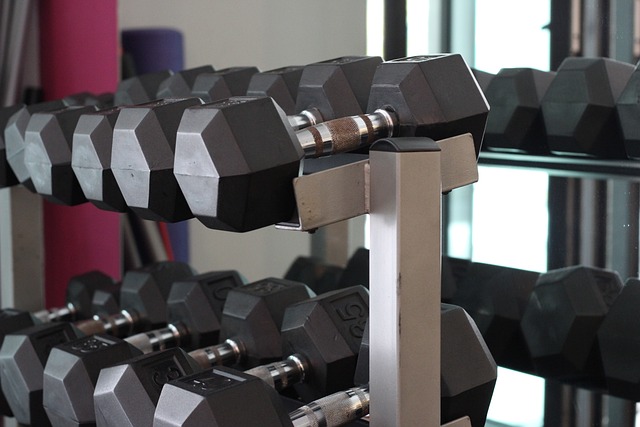 My first encounter with breast cancer happened when I was only 7 years old, the year my 23 year-old aunt underwent a double mastectomy. Before my eyes she transformed from a vivacious woman to one with perpetual nausea, swollen appendages, and eventually an arm frozen in place from brutal radiation treatments.
My first encounter with breast cancer happened when I was only 7 years old, the year my 23 year-old aunt underwent a double mastectomy. Before my eyes she transformed from a vivacious woman to one with perpetual nausea, swollen appendages, and eventually an arm frozen in place from brutal radiation treatments.
Since that rude introduction, I have witnessed many more family members and friends battle this disease. If I’ve learned one thing over the years, relationships can change drastically once a woman develops breast cancer.
What I know isn’t pretty. Â While some family members and friends may be extremely supportive when a cancer diagnosis occurs, there are those that will respond in ways that seem hard to fathom.
For instance, a once loving boyfriend or husband may become distant. The reasons for this are many. It could be that he doesn’t know how to deal with a life threatening illness, or maybe he watched a beloved grandmother die a painful death caused by cancer. In the saddest of cases, maybe he only loved his mate’s good looks.
Men are not the only ones who may vanish, either emotionally or physically, when a woman begins her difficult battle with this form of cancer. Female friends can, and do, cut off ties after they find out the bad news.
In a perfect world, a woman who has just been told she has stage four breast cancer is surrounded by love, reassured that she will want for nothing. A multitude of friends come forward to assist her in any way they can. They pledge to drive her to doctor appointments, cook her meals, clean her home, and take care of her children. Some even go so far as to plan a fundraiser in her honor.
However, for many women, this rally simply does not happen. Instead of throngs of supporters, she may be deserted by those closest to her. Except for one life-long friend who visited every few months, this is exactly what happened to my mom. In the beginning, she did receive a few “get well” cards, but then an eerie silence followed. No cheerful floral bouquets, no hot meals, not even a phone call.
I still feel angry towards these women, people she had spent so much time with throughout the years. Together, this group had shopped, traveled to musicals, had countless lunches, but when they were needed, they stopped all contact. How could these seemingly decent women give up so easily on their friend? I wondered.
In some cases, a relationship may be repaired after the woman goes into remission. Frank discussions as to why a partner or friend bowed out during those rough months may reveal information that will allow a woman to forgive the less than appealing response to her needs. In other cases, a relationship may be broken forever.
Ultimately, a breast cancer diagnosis is truly a test of the OTHER person’s character, not the character of the woman who is battling the disease. If a partner or friend vanishes, he or she was never worth it in the first place.










